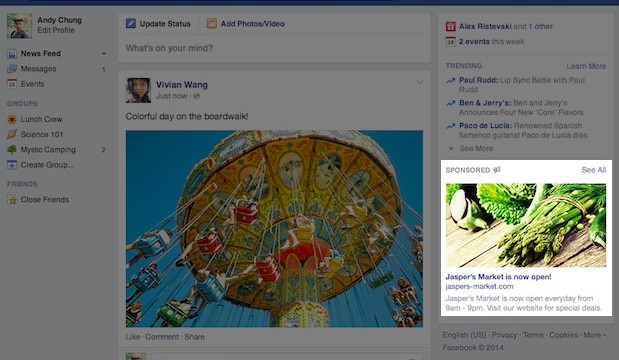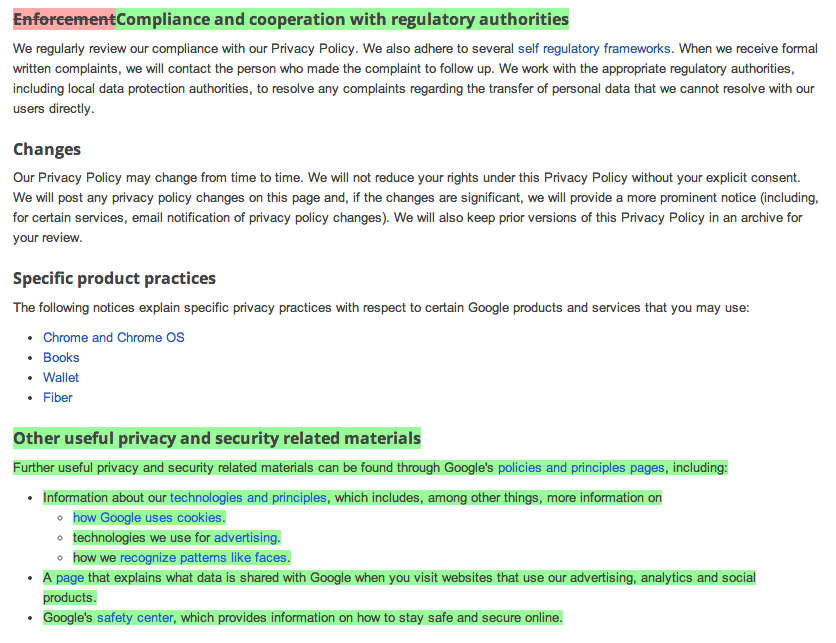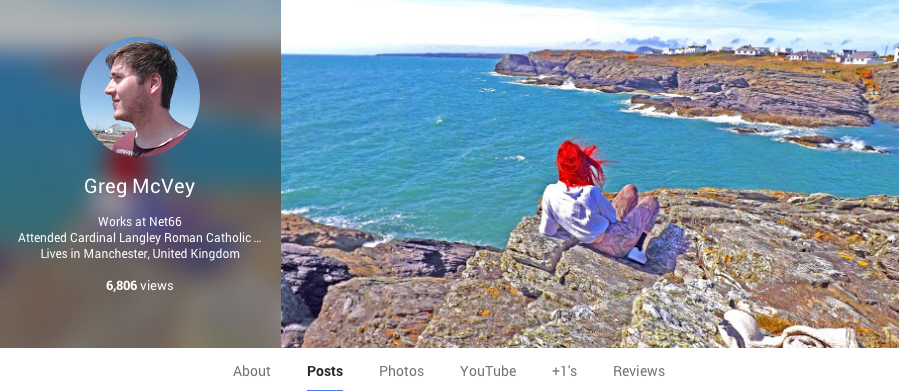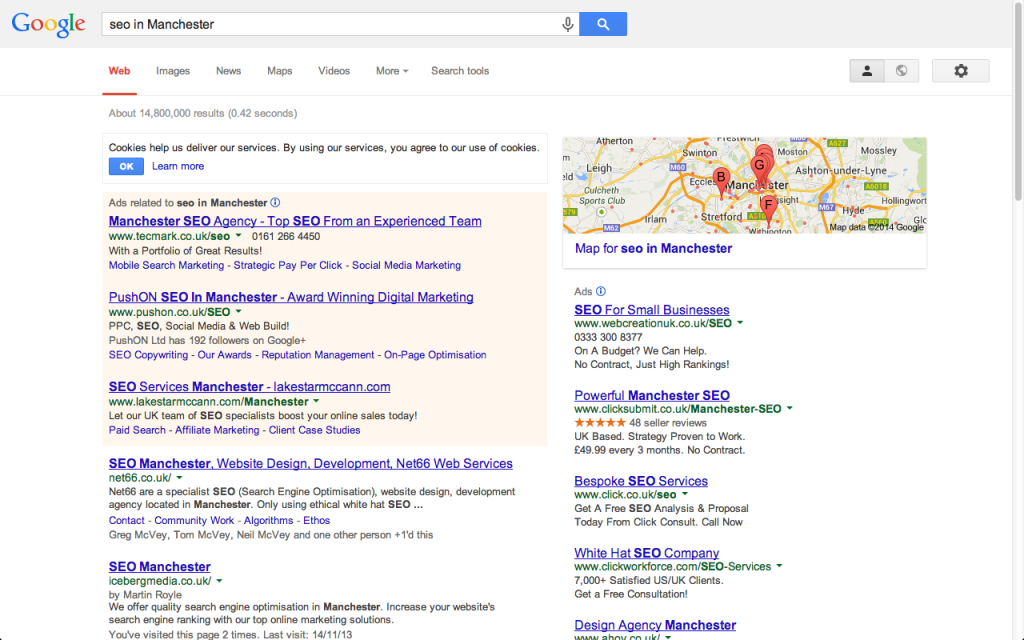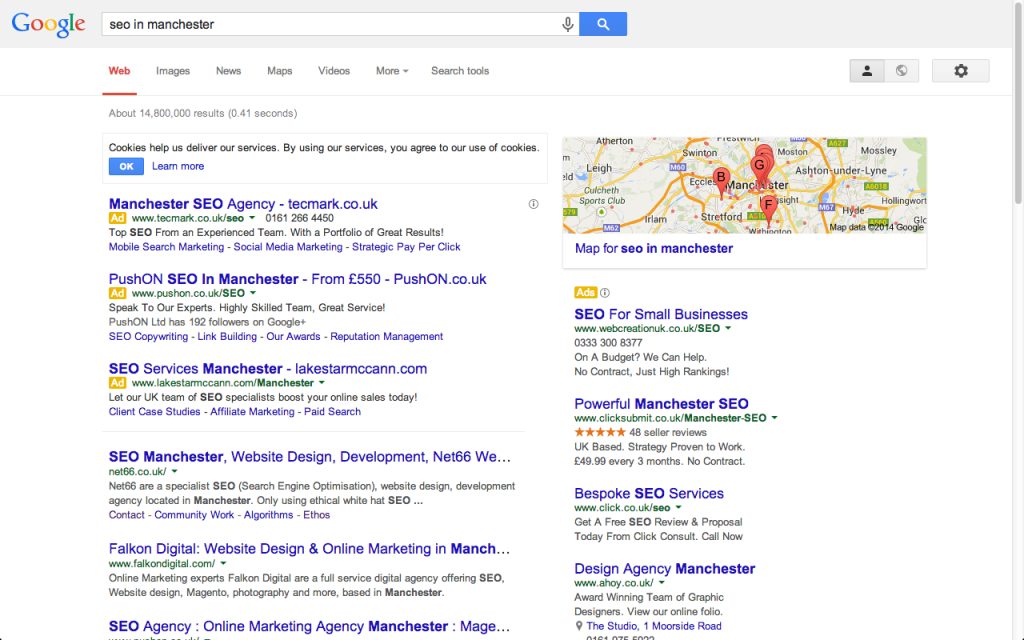Transcript:
The importance of outbound links
Usually, when we talk about link building we refer to inbound links to a website. However, another important aspect of a website is its outbound links. These are links that point out from your website, toward other websites.
Outbound link are especially easy to manage, since we do have control over our websites. What are some of the things we can do to ensure that outbound links are good and beneficial, and not at all detrimental to our cause?
First, we need to ensure that any outbound links are relevant to the page on which they are found. So if a web page is about gardening, you cannot have an outbound link about insurance.
Next, we need to make sure that the page on which the outbound link is found, is relevant to the rest of the website. For example, you cannot have a special page dedicated to an irrelevant topic, for the sole purpose of housing that link. Many people would probably approach you to house such a new page on your site, with their link in it. Do not easily give in to their demands, because if the page is not relevant to your own website, your entire website runs the risk of being penalised.
Yes, your whole website can be penalised and can thus loose its rankings, if you are hosting irrelevant content with outbound links in them. They key here is the relevance or otherwise of the new page in question.
You are free to decide what level of freedom you are willing to offer people who write on your website. Just be careful when accepting guest blog post offers from others.

